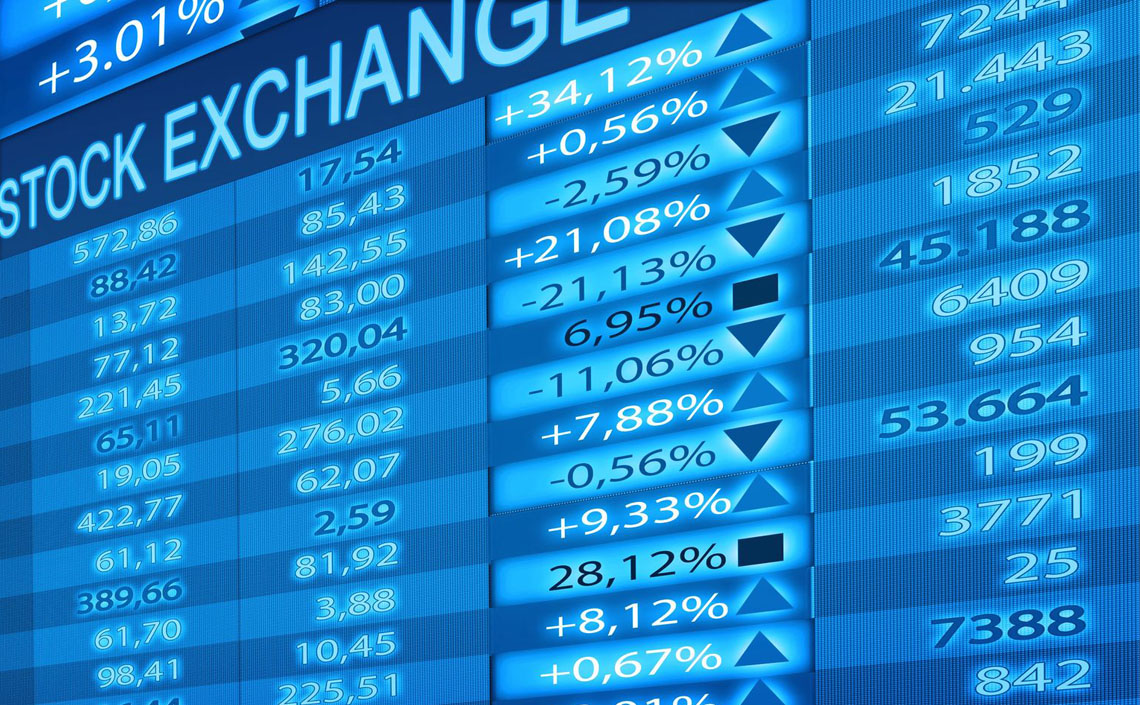
When fiascos like the scams by Ketan Parekh, Harshad Mehta; stock market crash of 2008 and analysts” conflict of interest occur, investor confidence can be at an all-time low. Many investors get wary of investing in the stock market. At the same time, however, it”s important to keep a realistic view of the stock market. Regardless of the real problems, common myths about the stock market often arise. Some of the myths are explained below:
- The Best Companies Make the Best Stocks
- Stock prices go up when a company exceeds its prevailing expectations. However, the best companies usually generate very high expectations, which can be hard to surpass.
- Some companies are loved so much that they trade at a P/E of above 60. They are indeed good companies whose earnings continue to grow strongly year over year. Yet they can be bad stocks, because people overpaid for their anticipated success. The returns from such companies could be quite less compared to other hidden gems which are not as popular.
- Market timing can greatly enhance one’s returns
- Market timing can enhance an investor’s returns provided he/she can time the market accurately. Successful market timers are rarer than skinny sumo wrestlers. Most people who try to time the market end up losing the opportunity during the unexpected sudden upturns that account for a significant part of the market’s long-term gains.
- One cannot beat the market
- It is true that most mutual fund or pension fund managers do not beat the market, however, individual investors equipped with basic knowledge of how to value a business can and do beat the market just by doing solid long-term investing.
- The reason for this discrepancy is size; Fund Managers run big funds and the total investment makes them quite illiquid. Which means it’s hard to buy great quantities of stock at one price and impossible to sell the huge quantities at one price.
- In fact, when Fund Managers exit a stock, the stock price goes down which causes other illiquid Fund Managers to panic and sell as well which drops the price even faster. It takes a Fund Manager days or sometimes weeks to exit a position. This fact is what creates so much emotion in the market and is at the root of why good companies are sometimes on sale; some relatively short-term problem creates panic selling among fund managers and the price falls far below its value.
- If one can stay unemotional and is knowledgeable about that company and industry, he/she can buy it at a great price when the Fund Managers are in panic mode. And when one can do this, they will beat the market.
- Paper Losses Don’t Matter
- When stock prices fall below its purchase price, some investors believe that they have not lost anything because they have not sold the stock. But since stocks are liquid asset and are marked-to-market therefore, a stock is only worth what it is currently trading at. Hence, there is a loss of purchasing power when a stock falls in value (below the purchasing price).
- This does not mean that one should be quick to sell a stock whenever its price drops. The market has its ups and downs, and there will be losses. Even the most successful investors incur several losses over their lifetimes. What it does mean is that you should never hold onto a stock for the primary purpose of trying to get back to breakeven. Re-examine the company’s prospects and the reason you bought the investment in the first place. If you don’t own the stock currently, would you buy it now over another stock that also meets your investment criteria? The answer may help guide your decisions.
- “Stocks outperform over the long term.”
- ‘Long Term’ is a very relative term. It can be 5 years for someone and 20 years for another. As John Maynard Keynes, the economist once said: “In the long run we are all dead.”
- Investing in Companies that Pay Dividend is as Safe as Investing in Debt. And a Company that has Announced that it will Pay High Dividend This Year Is A Good Bet.
- Risk-averse investors prefer to invest in government bonds or bank fixed deposits over stocks as they consider them risk free. Such investors are convinced that the shares of a company paying dividend offer similar safety along with regular income and scope for capital appreciation. However, this is not true. Companies are not obliged to pay dividends every year. They can offer lower dividends than previous years or no dividend at all. Hence dividends are not predictable and cannot be treated as a source of regular income.
- The Stock Price will Rise Whenever Promoters Show Confidence in the Company by Raising their Stake
- There is no direct correlation between the two. In the BSE 500 index, there are 270 stocks in which promoters have been increasing or maintaining their stake for the past five quarters till December 2013. Of these, 140 gave negative returns during the period.
- A stock can fall due to the company reporting lower earnings growth vis-a-vis others in spite of promoters showing confidence in the company. Other reasons could be fear over future earnings, exit of financial institutions due to pledged shares and a widespread sell off in domestic and global markets.
- Take Rei Agro, Ruchi Soya Industries, Parsvnath Developers, JBF Industries and Future Retail. These stocks fell over 30% this year despite promoters increasing their stake since December 2012.
- Following promoters is perhaps one of the best possible ways of investing. However, it requires a lot of patience and hard work. One must first study the disclosures about the promoters and the management of the company before following this strategy. Post this, if the company looks investment worthy, it should have manageable debt and good brands and products. It is also important to see how the management and the stock have been performing during periods of downturn.
- People Think that Companies that are going for IPO are Flourishing. They Believe that the Issue Price is the Fair Value of the Stock and One Cannot Lose Money by Investing at that Price, and if the Issue is Oversubscribed, the Stock is a “MUST BUY”
- There is a correct time when a company is ready to go Public. Many companies go public very early, before being financially stable. Sometimes companies go public to clear debt rather than for expansion. So one should know why a company is going public and invest only when they are convinced about the feasibility of the business model and other aspects of the business.
- The IPO price might not be the true valuation of a company. There are many good and popular companies whose shares listed below prices at which they were allotted in IPOs. Company’s fair value depends on various financial parameters and the overall economic environment.
- Listing gains can be expected only in bull markets or when the market sentiment is positive. For example, in 2007, when the markets were bullish, 100 companies came out with IPOs. Quite a few generated triple-digit returns on listing. The examples are Everonn Systems (241%), Allied computers (214%), Religare Enterprises (182%) and Mundra Port (118%).
- Similarly, in the bear markets of 2008 & 2011, Tree House, Reliance Power and Omkar Speciality shares listed below their issue prices. In 2008, nearly 50% IPOs gave negative returns on listing, whereas in the bull market of 2005 just 12% IPOs gave negative returns on listing. In 2005, the Sensex had risen 42%. In 2008 and 2011, it fell 110% and 25%, respectively.
- Similarly oversubscription does not guarantee high returns either. Misreading the initial demand for a public issue can have damaging consequences. This is because oversubscription in itself does not prove that the shares are fairly valued. Experts say IPOs should be approached just like any other form of equity investing.
- Stocks Are A Hedge Against Inflation
- Stockbrokers and mutual fund salesmen have been selling people stocks by saying that stocks are a hedge against inflation. However, it depends.
- An inflation hedge is something that goes up in value with higher inflation like real estate, gold, etc. However, inflation can be said to be an enemy of stock market because of two reasons.
- When inflation goes up, interest rate also goes up and high interest bonds might become more attractive for an investor, who can take its money out from the stock market resulting in fall in stock prices
- When inflation goes up, interest rate goes up and so does cost of doing business. This impacts corporate earnings and the stock prices go down
- Then how is stock a hedge against inflation? This is because if an investor researches well and invests in fundamentally strong stocks, which has earnings growth rates higher than the sum of inflation and long-term interest rates, the return from it can be higher than the increase in inflation.
- Buy Stocks On The Way Down And Sell On The Way Up
- It is common knowledge that to make money in the stock market we should buy at a lower price and sell at a higher price. However, this is often confused with the assumption that if the price of a stock is going down it is low, and if it is going up it is high. And as a result they buy stocks when the price is going down and sell when it is going up. This is the worst an investor can do.
- Stocks are bought on the expectation that they will go up. If a stock is going up in price, it is fulfilling that expectation. When the price is going down, it is denying that expectation. Therefore, it is logical to buy a stock when its price is going up.







